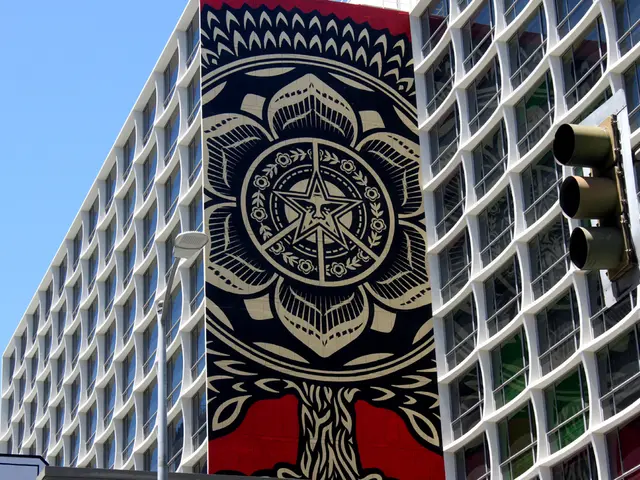Venezuela to Disconnect Bitcoin Miners Amid Power Crisis
Venezuela, grappling with severe power outages and hyperinflation, is considering drastic measures to manage its electricity supply. The government plans to disconnect Bitcoin miners from the national grid due to their high consumption. This move comes as cryptocurrencies have gained widespread use in the country, with Venezuela ranking 3rd globally in their adoption in 2020.
The Superintendence of Crypto Assets and Related Activities (SUNACRIP), established in 2020, has been overseeing and co-organizing bitcoin miners. However, environmental activist Daniel Batten suspects that recent reports may be misinformation, with journalists acting as a mouthpiece for state propaganda.
The government's decision to target miners is part of an alleged anti-corruption campaign. Thousands of mining devices were recently seized in Maracay, Aragua state. The government aims to ensure a stable power supply for the population by excluding miners, who consume significant amounts of electricity. This is not the first time the Venezuelan government has targeted Bitcoin miners, with previous attempts to centralize and control them.
The Venezuelan government's plan to disconnect Bitcoin miners from the national grid highlights the country's ongoing power crisis. While the government attributes the outages to high electricity consumption by miners, many observers believe the root causes lie in the government's own decisions, corruption, and the long-standing economic and supply crisis. The widespread use of cryptocurrencies in Venezuela, driven by economic instability and sanctions, further complicates the situation.
Read also:
- Tony Hawk's Memorabilia Auction Raises Record $1.2M for Skatepark Project
- Customs Raid in Germany's Hotel Industry Finds 12 Illegally Present Workers
- MIH Consortium Chooses BlackBerry for Next-Gen EV Platform
- Aquatech purchases Koch's Direct Lithium Extraction business, merging Li-ProTM DLE technology into the PEARLTM Technology Platform.







